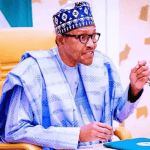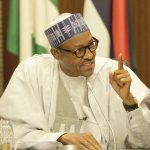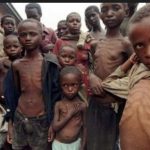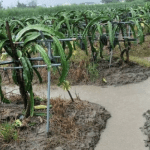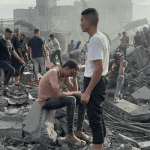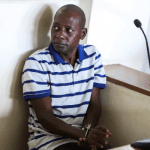Mozambicans will vote for a new president this week, with many hoping that he would restore peace to the country’s oil and gas-rich northern province, which has been destroyed by a jihadist insurgency for almost seven years.
Around 17 million voters, including members of parliament and provincial assemblies on Wednesday will vote for the next president.
The current president, Filipe Nyusi, is ineligible for re-election after serving two terms.
Mozambique has been fighting an Islamic State-affiliated group that has launched attacks on communities in the province of Cabo Delgado since 2017, including beheadings and other killings.
Some 1.3 million people were forced to flee their homes. Around 600,000 people have since returned home, many to shattered communities where houses, markets, churches, schools and health facilities have been destroyed, the United Nations refugee agency said earlier this year.
The candidates rounded off their campaigns on Sunday in the northern and central provinces, which are regarded as the highest-voting constituencies.
Frelimo, which has ruled the country since independence in 1975, is widely expected to win again.
Lutero Simango, the candidate of the Democratic Movement of Mozambique, spent most of his time campaigning in the central and northern regions, and made promises to remedy a lack of medicines in public hospitals, high unemployment and abject poverty.
Venacio Mondlane, who is running for president as an independent, has also promised to deal with the violence in the region.
Corruption and poverty have also been major campaign issues as the country grapples with high levels of unemployment and hunger that has been exacerbated by El Nino-induced severe drought.
According to the United Nations World Food Program, 1.3 million people in Mozambique are facing severe food shortages as a result of the drought.
The ruling Frelimo party has also been tainted by corruption scandals, including the so-called “tuna bond” scandal, which saw politicians jailed for taking payoffs to arrange secret loan guarantees for government-controlled fishing companies.
The Southern African Development Community, a regional bloc of southern African nations, has sent a delegation of 52 election observers to the country.
Local elections held in Mozambique last year were marred by wide-ranging allegations of vote-rigging and electoral fraud, sparking violent protests, after Frelimo won 64 of 65 municipalities.
A consortium of election observers reported widespread ballot stuffing, voter intimidation and falsification of results in favor of Frelimo.
Borges Nhamire, a researcher at the Institute for Security Studies, said the eventual winner will inherit a country facing many problems.
“The president to be elected will find a very difficult situation because he is in transition during a period of war, and every transition that takes place during a period of war is very difficult,” said Nhamire.



